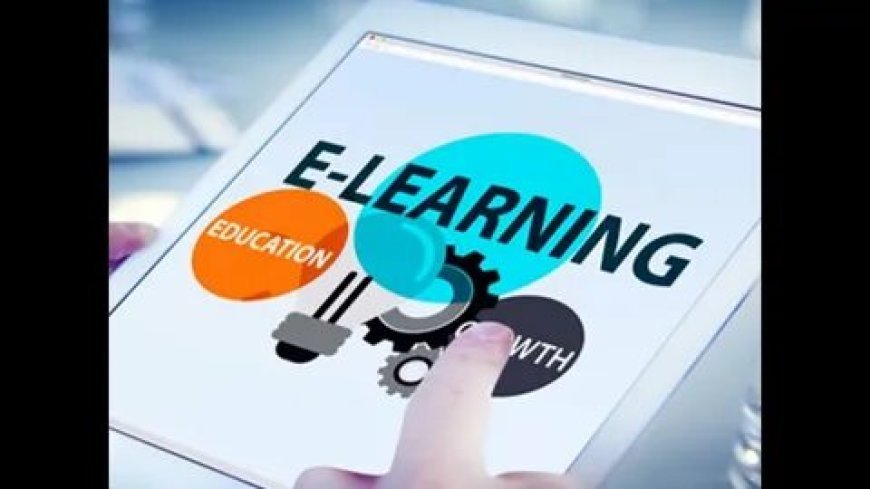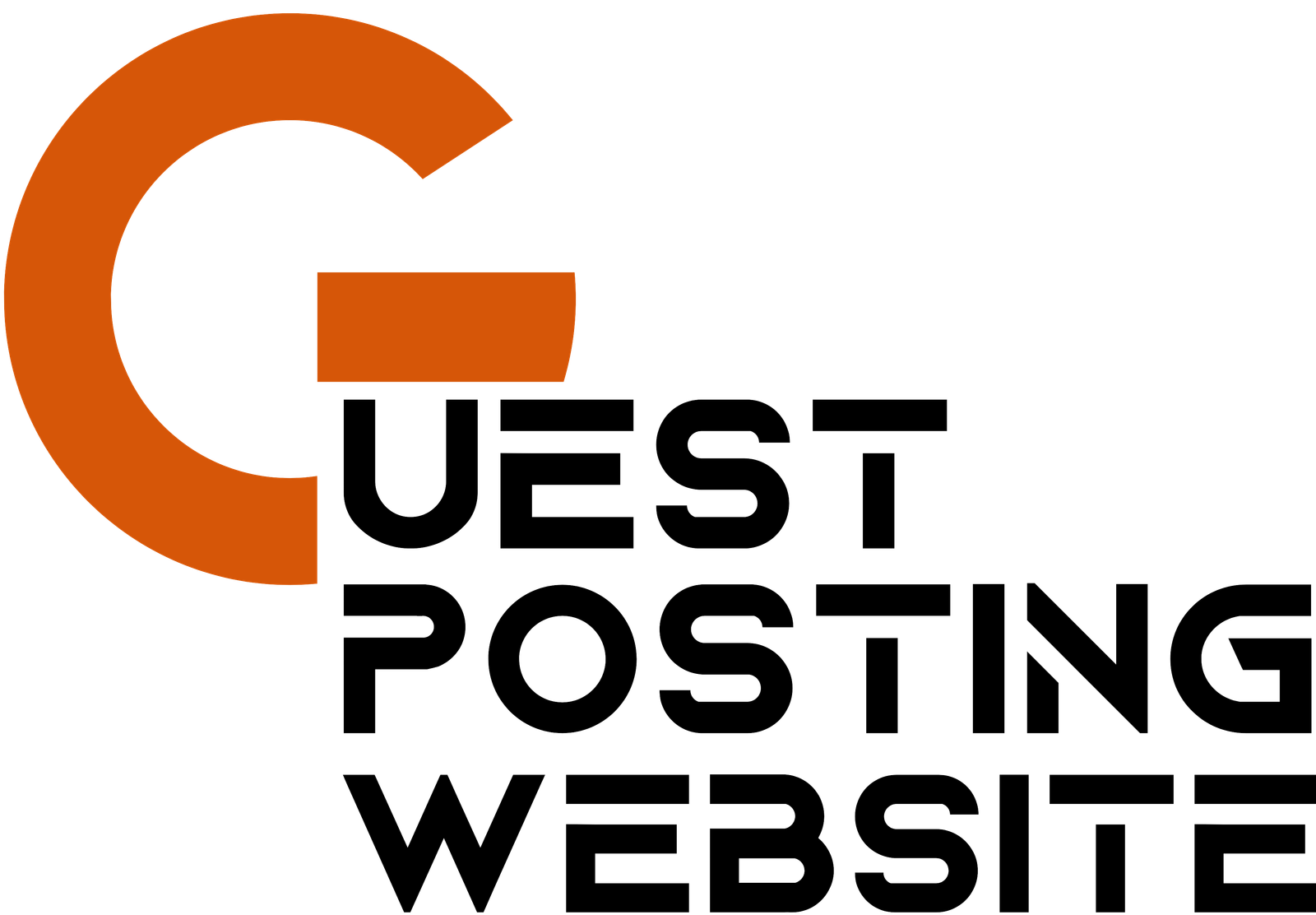The Rise of Online Courses and E-Learning: Transforming Education in the Digital Age

What's Your Reaction?







Join our subscribers list to get the latest news, updates and special offers directly in your inbox


The landscape of education has undergone a massive transformation in recent years, and at the heart of this revolution is online courses and e-learning. Once considered an alternative or niche method of learning, online education has now become a mainstream choice for students, professionals, and lifelong learners around the world. From certificates and diplomas to full degree programs, e-learning platforms are providing accessible, flexible, and affordable opportunities to gain knowledge and skills in a variety of fields. In this blog, we will explore the rise of online courses, the benefits they offer, and how e-learning is reshaping the way we learn and grow.
Online courses are educational programs that are delivered over the internet, often through e-learning platforms, websites, or apps. These courses can range from self-paced lessons to live virtual classrooms with instructors. They typically involve video lectures, reading materials, quizzes, assignments, and discussion forums. E-learning, a broader concept, encompasses the use of digital tools, multimedia, and online resources for teaching and learning. This can include not only formal courses but also interactive tutorials, webinars, and virtual workshops.
The scope of e-learning is vast, with courses available on nearly every subject imaginable. From coding and digital marketing to photography and creative writing, learners can find a course to suit their needs, whether for professional development, personal enrichment, or academic growth.
Accessibility and Convenience
One of the biggest advantages of online learning is its accessibility. Anyone with an internet connection can access courses from top universities, organizations, or independent instructors, regardless of geographic location. Whether you're in a bustling city or a remote village, e-learning allows you to study from the comfort of your home or while traveling. This flexibility is particularly beneficial for individuals with busy schedules, working professionals, or those balancing family commitments.
Flexibility in Learning
Online courses are known for their flexibility. Many platforms offer self-paced learning options, allowing students to progress through material at their own speed. Whether you want to finish a course in a few days or take several weeks, the choice is yours. This flexibility is ideal for those who are juggling work, family, or other responsibilities, as it allows them to learn on their own time. Additionally, some online courses offer live sessions or webinars, providing an interactive and real-time learning experience.
Affordable Education
Traditional education can be costly, with high tuition fees, textbooks, and commuting expenses. Online courses are often more affordable, offering a variety of pricing options. Some platforms offer free courses or low-cost options, while others provide financial aid or discounts for bulk purchases. With e-learning, you can gain new skills and knowledge without the financial burden of traditional schooling. Additionally, many online platforms allow learners to pay per course or through a subscription model, offering further cost flexibility.
Variety of Courses and Subjects
Online education offers an extensive variety of courses that cater to a wide range of interests and career goals. Whether you're interested in learning how to build a website, master a new language, or dive into artificial intelligence, there’s likely an online course available. Unlike traditional institutions, e-learning platforms can offer niche courses and specialized topics that may not be available in a traditional classroom setting.
Interactive Learning Tools
E-learning platforms often utilize interactive learning tools, such as quizzes, discussion forums, and hands-on assignments, to enhance the learning experience. These tools encourage engagement, collaboration, and critical thinking, making it easier for students to grasp complex concepts. Gamification and multimedia content, including videos, podcasts, and animations, can also make learning more enjoyable and immersive.
Global Networking Opportunities
One of the hidden gems of online courses is the opportunity to connect with people from all around the world. Discussion forums, group projects, and collaborative assignments allow learners to engage with diverse perspectives and share experiences. Whether you're learning a language, understanding global business practices, or exploring international history, e-learning enables you to connect with others and broaden your worldview.
The digital learning landscape is filled with a variety of platforms that cater to different learning needs. Here are some of the most popular types of online courses and e-learning options:
Massive Open Online Courses (MOOCs)
MOOCs are free or low-cost online courses offered by universities and institutions on a global scale. Platforms like Coursera, edX, and FutureLearn provide a wide range of courses in subjects such as business, computer science, humanities, and more. Many MOOCs offer certifications or even the possibility of earning college credit for completing certain programs.
Specialized Learning Platforms
For those looking to dive deep into specific industries or fields, there are specialized platforms that offer expert-led courses. Websites like Udemy, Skillshare, and LinkedIn Learning provide a plethora of courses in areas like programming, design, marketing, photography, and entrepreneurship. These platforms often feature practical, hands-on tutorials that help learners build real-world skills.
University and College Online Programs
Many traditional universities and colleges now offer online degree programs and certifications, ranging from undergraduate to postgraduate levels. These programs mirror the structure and quality of in-person classes, with live lectures, assignments, and exams. Institutions like Harvard, Stanford, and MIT have also expanded their online offerings, making higher education more accessible than ever before.
Microlearning and Niche Platforms
Microlearning platforms focus on delivering bite-sized, focused lessons in areas like language learning, leadership, or specific software skills. Duolingo, for example, offers a fun and interactive way to learn languages, while platforms like Codecademy and Khan Academy provide tutorials for coding and other technical skills. These platforms are ideal for busy individuals who need to learn something quickly and on-the-go.
Corporate Training and Development
Many businesses are using e-learning platforms to train their employees in skills such as leadership, project management, and technical know-how. Platforms like Pluralsight, Coursera for Business, and Udemy for Business offer corporate training solutions that help employees grow in their roles and contribute to their company’s success.
The impact of e-learning goes beyond just convenience and affordability. It’s also creating a more inclusive and personalized education system. Through advanced technologies like artificial intelligence (AI), virtual reality (VR), and machine learning, online courses are becoming more adaptive to the needs of individual learners. Personalized learning paths, instant feedback, and virtual classrooms are making education more effective and engaging.
E-learning is also opening up opportunities for lifelong learning, allowing individuals to continuously upgrade their skills in response to changing job markets and technological advancements. Whether it’s through MOOCs, corporate training, or personal development courses, the availability of online education ensures that people can adapt and stay relevant in an ever-evolving world.
Online courses and e-learning have revolutionized the way we approach education, making it more accessible, flexible, and affordable for learners of all ages and backgrounds. With the convenience of learning from home, the ability to choose from a wide range of subjects, and the opportunity to gain new skills at your own pace, e-learning is an invaluable tool in today’s digital age. As technology continues to evolve, we can expect online courses to become even more personalized, interactive, and immersive, providing learners with the tools they need to succeed in an increasingly digital world. Whether you're looking to advance your career, explore new interests, or simply acquire new knowledge, online education offers endless possibilities.







Ellis Alexander Nov 29, 2024 0 591
precisionestimator Nov 26, 2024 0 152
WilonaLambert Nov 29, 2024 0 49
catalinagarcia Nov 23, 2024 0 21
